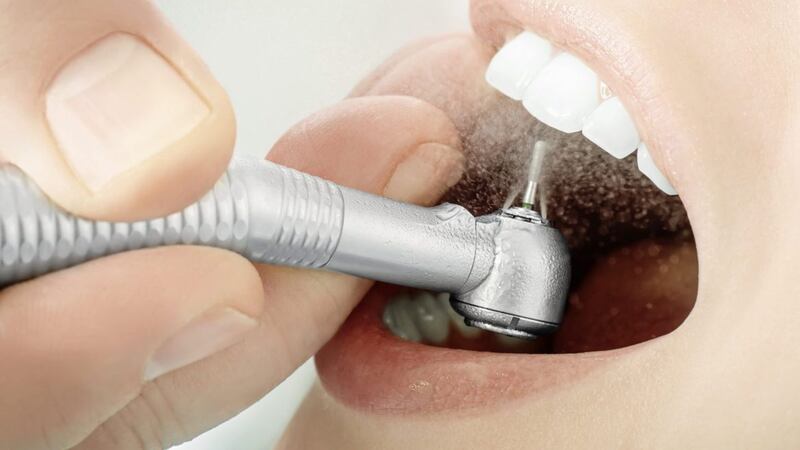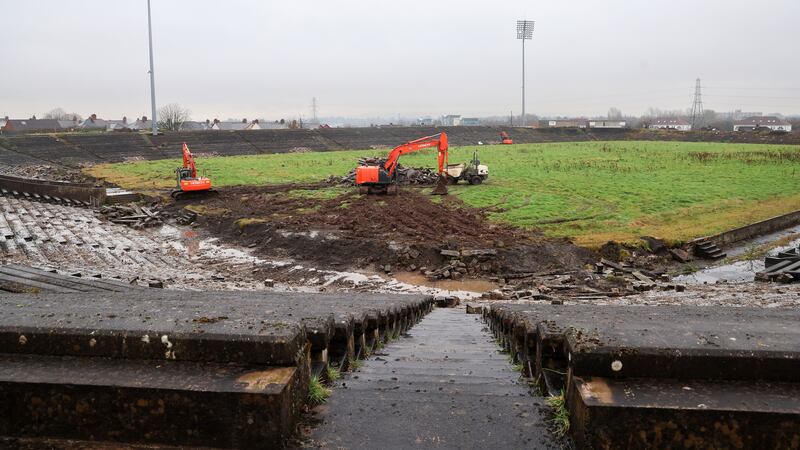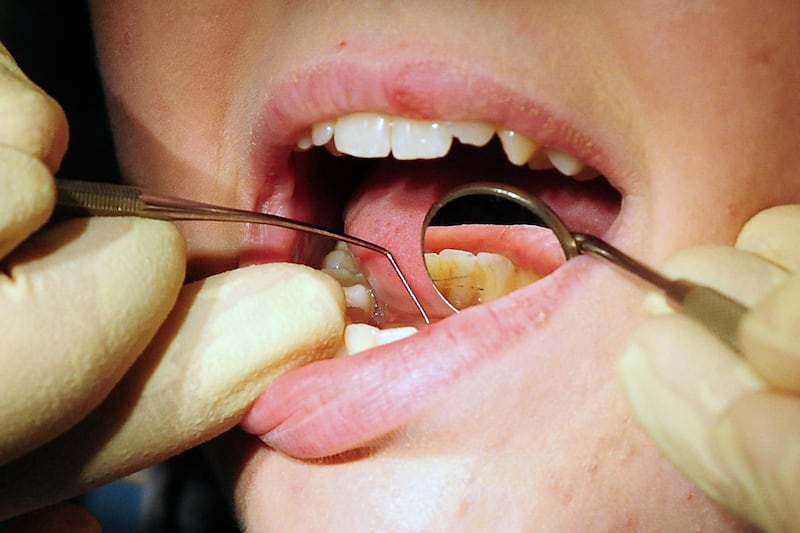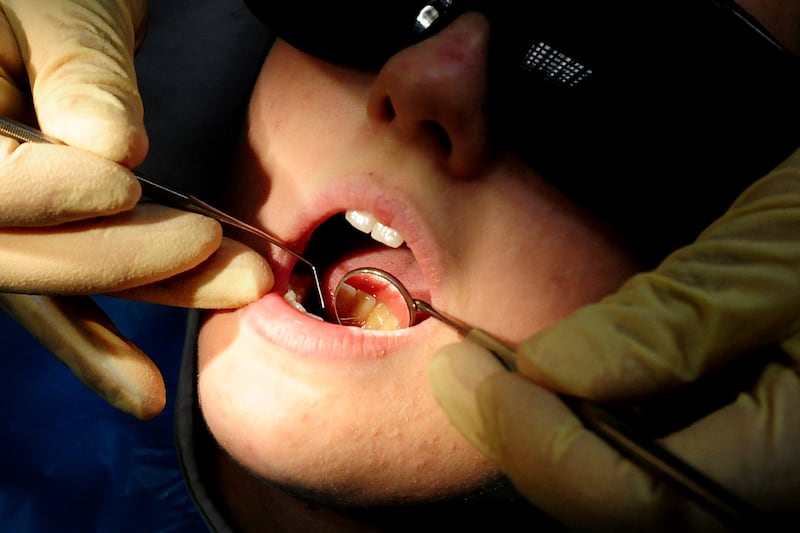SPIRALLING costs of PPE and social distancing requirements will make dental practices "financially unsustainable" without government help, dentists have warned after being given the go-ahead to reopen.
The British Dental Association (BDA) Northern Ireland sounded the alarm as the Department of Health confirmed Phase 2 for recovery of General Dental Services - non-urgent care - will begin on June 29 and Phase 3 - aerosol-generating procedures (AGPs) - will start from July 20.
Phase 2 will will increase the dental patients from around 2,200 patients to an estimated 38,000 a week for extractions, removing dental decay and placing temporary fillings and making dentures.
The Health and Social Care Board said practices will also be able to "fast track" a full return to routine care by the beginning of July "providing key conditions around infection and prevention control are met".
Acting Chief Dental Officer Michael Donaldson praised "all dentists and staff who, throughout the pandemic, have gone the extra mile to ensure that patients in urgent need were able to receive the care that they required in very challenging circumstances".
The BDA warned AGPs, involving the use of high-speed instruments, "represent the majority of dental treatments" and "dentists performing these procedures are expected to use full PPE, similar to those used in hospital ICUs".
It estimated shortages - "and the need for kit never previously required" - mean "the cost of PPE alone, ignoring other treatment costs, for treating a single patient has increased by up to 6,000 per cent".
The BDA said dentists are "reliant on commercial wholesalers and have experienced severe and ongoing PPE shortages" and called for "the integration of dental services into the wider government supply chain", if routine dental care is to be restored.
Richard Graham of its Dental Practice Committee said "dentists need time to prepare, but PPE remains the elephant in the room".
"Practices face not only shortages but crippling increases in costs for vital protective kit," he said.
Mr Donaldson said "the nature of dental treatment... brings heightened risk of virus transmission" and insisted the department "will support dentists in restoring services by providing help with PPE supplies".
However, the BDA also highlighted how the return of routine dental care in England "has seen a majority of practices operating at less than a quarter of their former capacity, to ensure social distancing and infection control protocols are met".
This has led just eight per cent of practices able to "maintain their financial sustainability", with dentists calling for "long term support" to "keep the service in Northern Ireland viable".
"We can put out the welcome mat, but without access to government supply chains, we will be in no position to treat patients. We will need help to survive the new normal," Mr Graham said.
"Without long term support, sky-high overheads and fewer patents could be the final nail in the coffin for the service."








